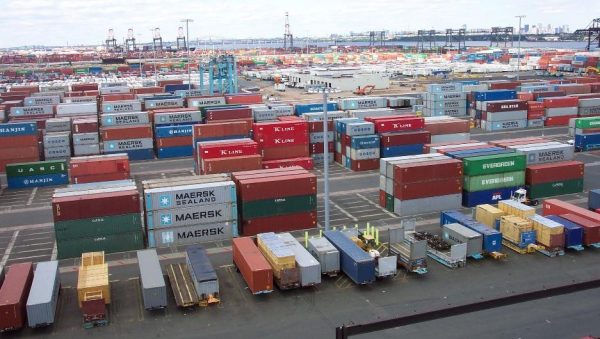Managing Nigerian Roads Via Concession

The problem of inadequate funding and maintenance of highway infrastructure in Nigeria has been of great concern to both the government and citizens. To address this challenge as well as the government’s persistent claims of paucity of funds to fix the roads or build new ones, the idea of concession and tolls have been mooted over the years.
Despite the benefits of efficiency and willingness of private sector investors to tap into the initiative, the government has been unwilling to explore this strategy until the Minister of Works, Mr. Babatunde Fashola revealed this in the penultimate week.
Nigeria currently relies mostly on road transport as other transport modes haven’t been expanded and strengthened to ensure patronage by passengers and for cargoes; little wonder there are several questions and queries on various administrations on the development or lack of, with regards road infrastructure in the country.
Nigeria has approximately about 198,000 (Km) of road networks, about 60 percent of these federal roads are either in a total state of collapse or non-functional. Thus, a good road network where Nigerians can connect one location to another is desirable, but under the present funding arrangement, this is not achievable.
As the Federal Government unveiled plans to concession ten key highways in the country, there are pertinent questions for the project tagged “Highway Project and Management Initiative.”
The roads in the planned project are: Onitsha – Owerri– Aba, Shagamu – Benin; Abuja – Keffi – Akwanga; Kano – Maiduguri; Lokoja – Benin; Enugu – Port Harcourt; Benin – Asaba; Illorin –Jebba; Kaduna – Kano; and Abuja – Lokoja.
According to Fashola, the concession of the roads would see private investors carry out the development and management of the road networks as the rationale behind the private sector engagement was to provide an avenue to mitigate paucity of funds.
Since government alone cannot muster sufficient resources to meet the country’s road asset requirement, it is a welcome development to have a collective collaboration between the government and private sector to meet with the target which is improved public infrastructure services.
Another positive angle to this concession project is that it is expected to create over 23,000 jobs in just the first phase of the while the management involving tolls would provide further jobs tackling unemployment in the country.
“This project is a special design to help safe the government from its inability to meet up with the cost of maintaining these roads, with the first phase of the project to attract a capital investment of N163.32billion at a cost of about N16billion per each of the 10 roads,” Fashola said.
Private sector investors need to be encouraged to set up innovative ideas to tap the opportunities in the transport sector because transport infrastructure is the basic facility on which the commerce of a community depends, especially transportation and communication systems.
While the introduction of private investors would lead to an upgrade in infrastructure, injection of private finance, more cost-efficient design, construction and operation of road schemes, innovation and efficiency; there are also concerns about government interference in the projects.
Over the years, one of the biggest challenges to such investments in Nigeria has been the propensity of the government to revoke agreements arbitrarily leaving investors bankrupt. This problem has also been an impediment to Foreign Direct Investments (FDI) in the country.
While a change in administration often led to uncertainty about concessions and agreements with previous administrations, in recent times the issue has aggravated with spontaneous revocation of agreements even under the same administration.
In the aviation sector, Bi-Courtney remains in court with the Federal Government over concessioned areas at the Lagos airport. The Lagos International Trade Fair complex is another case where the original concessionaires, Aulic Group has been pushed out despite having a legitimate concession agreement.
The government would have to assure private investors in the impending road concession framework that such arbitrary and inimical revocation of agreements would not happen.
An introduction of private sector would ensure that the roads are maintained to deliver value for money via tolls.







